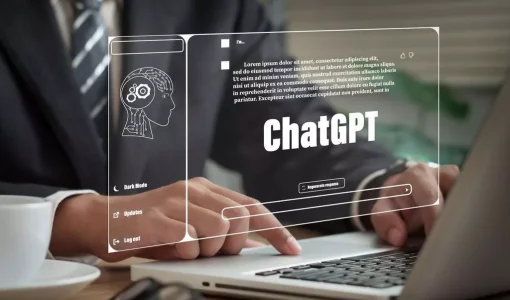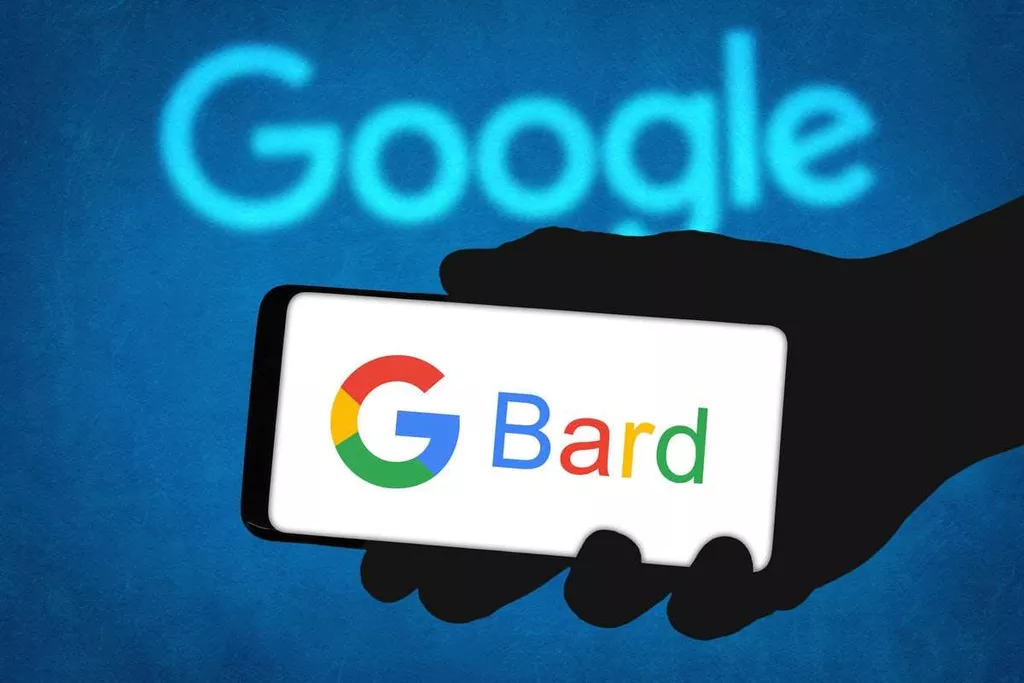They are conversationalists that run on the rules of machine learning and development with AI technology. Sensely also helps users to navigate the intricacies of insurance plans and allows them to make informed decisions regarding their healthcare providers as well as insurance vendors. Now that you’ve seen all the cases where chatbots in healthcare play a crucial role, let’s take a moment and look at some of the most popular chatbots in healthcare.

To develop an AI-powered healthcare chatbot, ScienceSoft’s software architects usually use the following core architecture and adjust it to the specifics of each project. A healthcare bot can take up a lot of tasks that are otherwise done manually. Instead of creating and maintaining medical metadialog.com documents, a bot can store all of that information and provide the patient or the doctor with the records whenever needed. As chatbots remove diagnostic opportunities from the physician’s field of work, training in diagnosis and patient communication may deteriorate in quality.
Looking to maximize your team’s capacity?
Healthcare chatbots help doctors learn what patients think of their practice or hospital. And they can learn it in real time via both quantitative and qualitative feedback. So doctors can address individual patient concerns and improve the patient experience. One of the key trends of healthcare chatbots is that they can benefit and reduce the burden on healthcare providers. By offering patients with basic information and support, these bots permit doctors and nurses to attention to more complex cases where their expertise is needed most. Artificial intelligence has become a progressively significant player in the healthcare industry, mainly when it comes to chatbots.

With regard to health concerns, individuals often have a plethora of questions, both minor and major, that need immediate clarification. A healthcare chatbot can act as a personal health specialist, offering assistance beyond just answering basic questions. This chatbot template collects reviews from patients after they have availed your healthcare services. Here are different types of healthcare chatbots, along with their templates. Chatbots gather user information by asking questions, which can be stored for future reference to personalize the patient’s experience. With this approach, chatbots not only provide helpful information but also build a relationship of trust with patients.
Facilitate post-discharge and rehabilitation care
Other end users include medical assistance provider companies, pharmacies, and third-party organizations. These companies majorly use healthcare chatbots to provide potential patients with proper access to healthcare information and help them find appropriate healthcare treatments in case of medical emergencies. The worldwide COVID-19 pandemic — and the resulting societal push to put as many services online as possible — has created a tremendous opportunity for healthcare chatbots.
- Based on deployment, the market is divided into cloud-based and on premise.
- He has also led commercial growth of deep tech company Hypatos that reached a 7 digit annual recurring revenue and a 9 digit valuation from 0 within 2 years.
- The screening involves a set of brief questions about COVID-19-related symptoms.
- Chatbots have grown in popularity over the past few years, especially during the COVID-19 pandemic.
- When patients encounter a lengthy wait time, they frequently reschedule or perhaps permanently switch to another healthcare practitioner.
- The bot can then interpret during consultations and appointments, eliminating language issues.
Furthermore, healthcare chatbots are also used by healthcare payers to establish a relation between the company and the potential customers. The use of chatbot technology in healthcare is transforming the medical industry. These virtual assistants can provide real-time, personalized advice to people with chronic conditions and offer support for those dealing with tough symptoms or mental health issues. Chatbots are also helping patients manage their medication regimen on a day-to-day basis and get extra help from providers remotely through text messages. Why waste the limited time of a nurse or receptionist when AI solutions can answer commonly-asked questions and provide prompt medical advice?
Benefits of Chatbots in Healthcare: 9 Use Cases of Healthcare Chatbots (
Frequent queries overload a medical support team and will keep them occupied, which will result in missing out on other patients. In this case, it has become very difficult for an agent to answer all these queries. Now businesses have got a complete idea of what a chatbot is and its importance in their organization. Healthcare chatbot help to automate all repetitive and low-level tasks of the medical representatives.
#2 Medical chatbots access and handle huge data loads, making them a target for security threats. ScienceSoft’s developers use Go to build robust cloud-native, microservices-based applications that leverage advanced techs — IoT, big data, AI, ML, blockchain. ScienceSoft’s Python developers and data scientists excel at building general-purpose Python apps, big data and IoT platforms, AI and ML-based apps, and BI solutions. Having 18 years of experience in healthcare IT, ScienceSoft can start your AI chatbot project within a week, plan the chatbot and develop its first version within 2-4 months. When aimed at disease management, AI chatbots can help monitor and assess symptoms and vitals (e.g., if connected to a wearable medical device or a smartwatch). When you are ready to invest in conversational AI, you can identify the top vendors using our data-rich vendor list on voice AI or chatbot platforms.
Report
And that then can lead to more efficiency and productivity, resulting in improved care. AI chatbots are improving patient engagement by providing education and support, and helping patients make informed decisions about their health. You’ll need to define the user journey, planning ahead for the patient and the clinician side.
- Knowing what your patients think about your hospital’s doctors, treatment, and other services is the heartbeat that will pump change in your organization.
- As a result, patients flock to hospitals, and medical practitioners are overwhelmed.
- ScienceSoft cuts the cost of mobile projects twice by building functional and user-friendly cross-platform apps with Xamarin.
- Medical chatbots offer a solution to monitor one’s health and wellness routine, including calorie intake, water consumption, physical activity, and sleep patterns.
- A key component of AI chatbots is natural language processing (NLP), which enables a chatbot to more accurately interpret a patient’s written or spoken questions as well as extract important information from the dialogue.
- And that’s where tools like Chabot and Virtual assistants have shown a way to overcome all types of hurdles.
I am looking for a conversational AI engagement solution for the web and other channels. Take Kommunicate for a spin and discover how to elevate your healthcare practice. Patients can often miss appointments or even hesitate to schedule them owing to challenges such as inefficiencies. Check out how Intone can help you streamline your manual business process with robotic process automation.
What are the prime use cases of chatbots in healthcare?
Let’s take a look at the most common types of clinical trial management software and examine the offers from the best-known clinical trial management system vendors. According to SiteMinder’s survey on “Why do Guests abandon their booking”, 13% of visitors dropped off the booking journey because they found the process to be overly complicated. Another problem needed to be addressed was the traditional booking process that asked for a ton of details from the visitor. According to SiteMinder’s survey, 10% of bookings were lost due to asking too many details. So we needed to make the booking process more efficient, less complicated, and engaging. Gateway Containers collects the information of website visitors who are interested in their services through a traditional contact form (conversion rates usually below 2%).

She creates contextual, insightful, and conversational content for business audiences across a broad range of industries and categories like Customer Service, Customer Experience (CX), Chatbots, and more. Qualitative and quantitative feedback – To gain actionable feedback both quantitative numeric data and contextual qualitative data should be used. One gives you discrete data that you can measure, to know if you are on the right track. Whereas open-ended questions ensure that patients get a chance to talk and give a detailed review. Without a clear path to find solutions, patients searching for symptoms on your website may leave feeling frustrated and without the help they need. At Kommunicate, we envision a world-beating customer support solution to empower the new era of customer support.
How can chatbots be used in healthcare?
Chatbots for healthcare allow patients to communicate with specialists using traditional methods, including phone calls, video calls, messages, and emails. By doing this, engagement is increased, and medical personnel have more time and opportunity to concentrate on patients who need it more.
